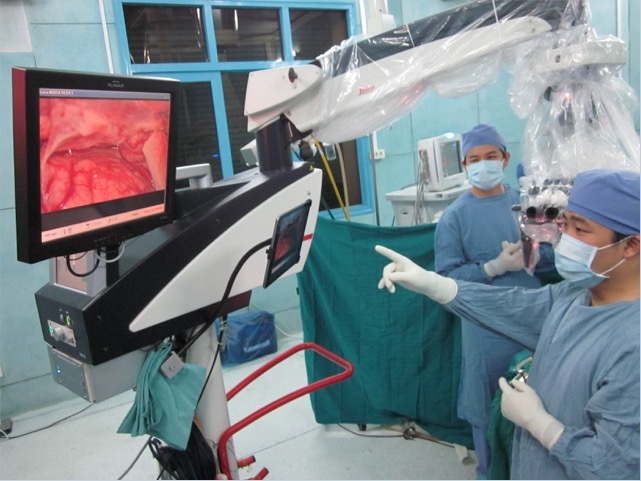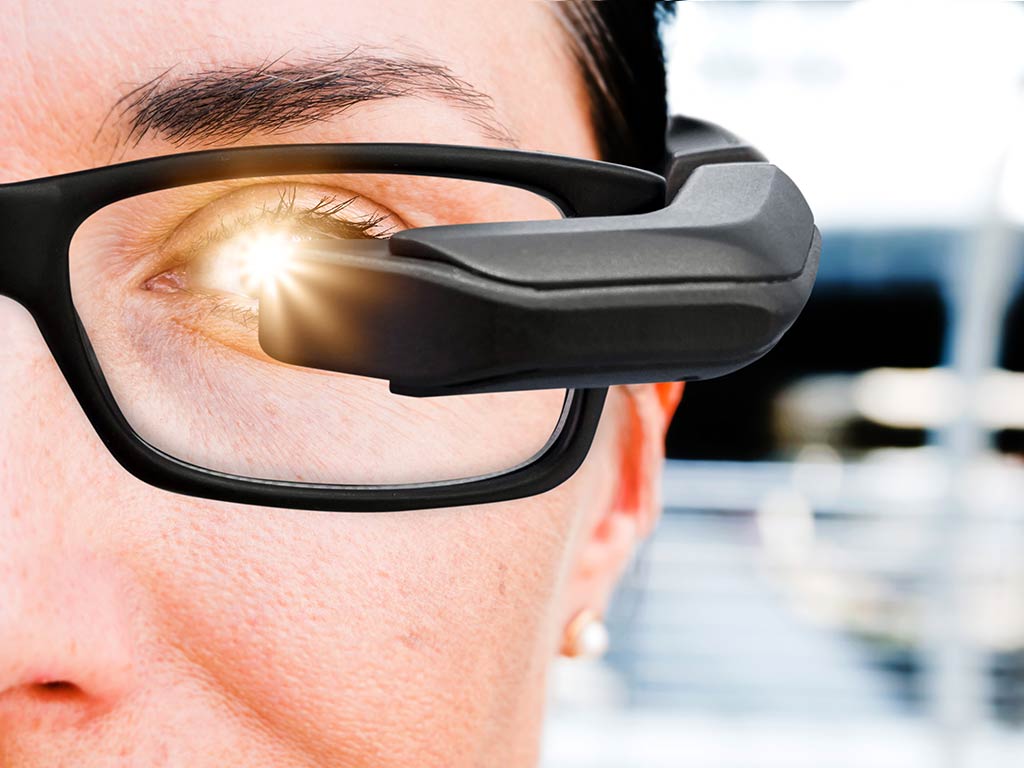Location information
Hospital address
Helios Klinikum Nrdhaeuser Str. 74 Erfurt Thuringia 99096 Germany
Hospital type
Private University-affiliated
Hospital description
Third-Level Hospital (Referral)
Hospital website
https://www.helios-gesundheit.de/kliniken/erfurt/
This is a teaching hospital
Description
Steffen K. Rosahl is Chairman of the Department of Neurosurgery at the Helios Clinic in Erfurt and Professor of Neurosurgery at the University of Freiburg, Germany.
As a neurophysiologist and neurosurgeon, he has been associated with several medical and research centers including the Center for Neuroscience at the University of California Davis (1992-93), the International Neuroscience Institute Hannover (2000-2003) and the University of Freiburg, Germany (2003-2006). He was principle investigator in a study to develop auditory brainstem prostheses funded by the German Research Association (DFG) and conducted research on electronic interfaces to the central and peripheral nervous system funded by the German Ministry of Education and Research (BMBF) and private companies.
His expertise covers the whole field of Neurological Surgery with an emphasis on neurofibromatosis and neurooncology. He introduced the University of Freiburg to a certified European (EANS) program for neurosurgical training in 2005. In Erfurt, he founded and developed an interdisciplinary Centre for Neurofibromatosis.
After creating a series of standard patient information forms, he became Chief Topic Editor for Neurosurgery for the publisher Thieme-proCompliance, Germany, in 2011.
As a medical advisor he helped design the first digital surgical microscope (DSM) of the company Aesculap (B. Braun AG, Melsungen, Germany) and tested the first prototype in Erfurt in March 2019.
He was also part of a team of developers to create a smartphone telehealth app that allows patients to access their medical records, book appointments, and get in touch with doctors in the Helios chain (hello).
Steffen K. Rosahl is a reviewer for several neurosurgical journals and of the German Bundestag as well as vice chairman of the task force on neural prosthetics in the Initiative for Micromedicine of the German Association of Electrical Engineers (VDE). As faculty member of the European Academy for consequences of scientific and technological advances Bad Neuenahr-Ahrweiler GmbH he has co-authored a volume on “Interventions in the brain - Changing psyche and society”.
Recently, he has been involved in a positional paper of the German Society of Surgeons (DGCH) on digital health technology and is appointed speaker of the commission on digitalization of the German Society of Neurosurgery (DGNC).
Member information
Name
Steffen Rosahl
Member type
Individual independent practitioner
Specialty
Neurosurgeon
Subspecialties
- Trained paediatric neurosurgeon
- Adult neurosurgeon
Languages spoken
- English
- German
Professional affiliations / memberships
- EANS
Conditions treated
- Hydrocephalus
- Neurotrauma
- Neurovascular
- Spine
- Spinal dysraphism
- Tumor
- Craniofacial
- Peripheral Nerve
- Radiosurgery
- Skull Base
Equipment used
- Drill
- Microinstruments
- Microscope
- Neuroendoscope Flexible
- Neuroendoscope Rigid
- Frameless navigation
- Spinal instrumentation
- MRI
- Angiography
- CT
- ECOG
- Stereotactic radiosurgery platform



